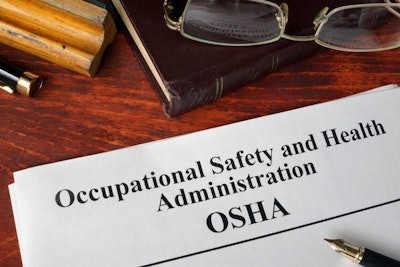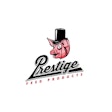
Unable to hold in-person training, partners provide COVID-19 prevention resources instead
Jess McCluer had planned to spend this week in Nebraska, holding live demonstrations of safe grain bin entry. Instead, he and the rest of the partners behind Grain Safety Week have made their training materials available online — and added information on COVID-19 prevention as well.
This week would have marked the fourth year of Stand Up 4 Grain Safety Week, hosted by alliance of partners including the Occupational Safety and Health Administration (OSHA), the Grain Elevator and Processing Society (GEAPS), and the National Grain and Feed Association (NGFA). McCluer, vice president of safety and regulation for NGFA, said this year’s events were intended to focus on safe grain bin entry and other topics. But as COVID-19 spread across the nation, triggering lockdowns and closures, he said the hosts realized they would have to come up with an alternative to the live demonstrations they had planned at the University of Nebraska.
The partners behind the event, he said, quickly concluded that the planned safety week presented an opportunity to make information about preventing COVID-19 more widely accessible.
“Safety is safety,” he said. “There are always new topics, and for the time being we want to make sure that we can get as much information as we can out to the industry.”
The team has assembled a list of COVID-related safety fact sheets from OSHA, GEAPS, NGFA and others on the Stand Up 4 Grain Safety website in an effort to make this information available in a central location, McCluer said. Tips from an early April presentation included on the list include providing truck drivers with hand sanitizer and disinfectant wipes, and promoting packed lunches or providing grab-and-go food options to reduce drivers’ exposure to the general public.
The presentation also covered the U.S. Food and Drug Administration’s (FDA) guidance on how food facilities should respond should an employee test positive for COVID-19. According to the guidance, food and feed-related facilities should remain open, but employers should notify workers of their possible exposure and should clean and sanitize the facility as necessary. Food recalls are not likely, according to the presentation, because there is no evidence of COVID-19 being transmitted in food or on food packaging.
The Grain Safety Week alliance has also made its usual training materials regarding other forms of workplace and grain bin safety available on its site. Those who would like to participate in Grain Safety Week virtually can register online and receive a certificate recognizing their company for participating in the training event.
In an introductory video featuring OSHA Chief of Staff Krisann Pearce, Pearce said it was important that Grain Safety Week continue despite current disruptions.
“Safety can never take a break,” she said. “We must encourage workers and employers to remain vigilant each and every day. Highlighting and emphasizing how to prevent engulfment is time well spent and could save a worker’s life.”















